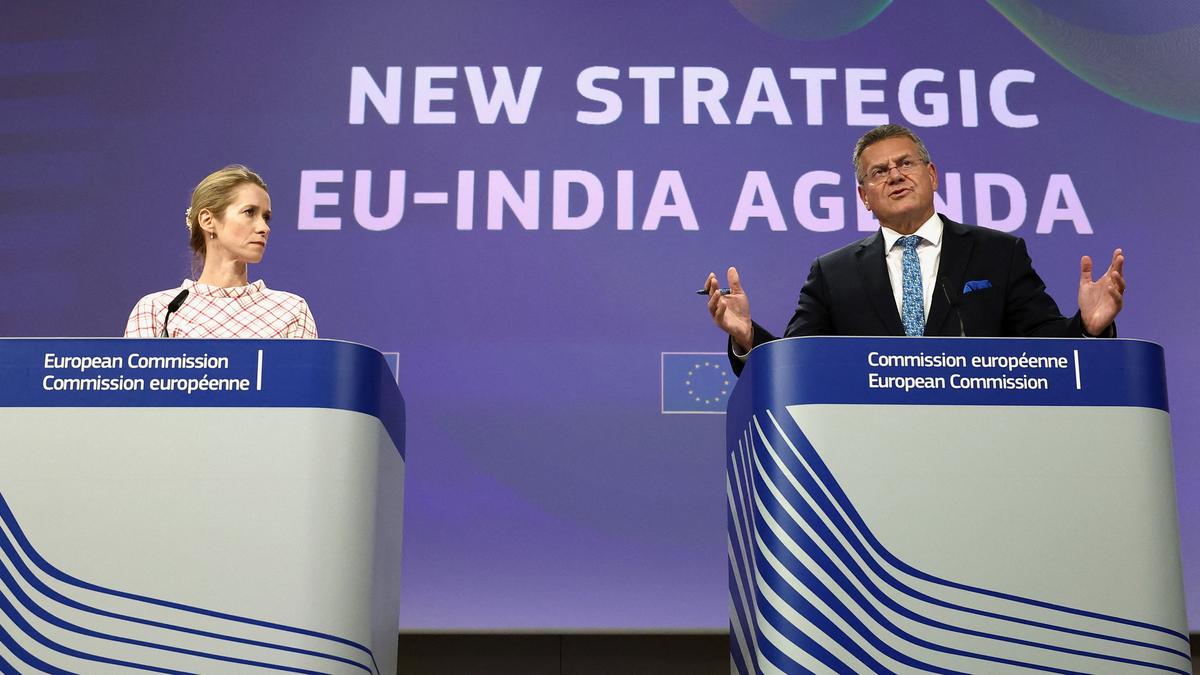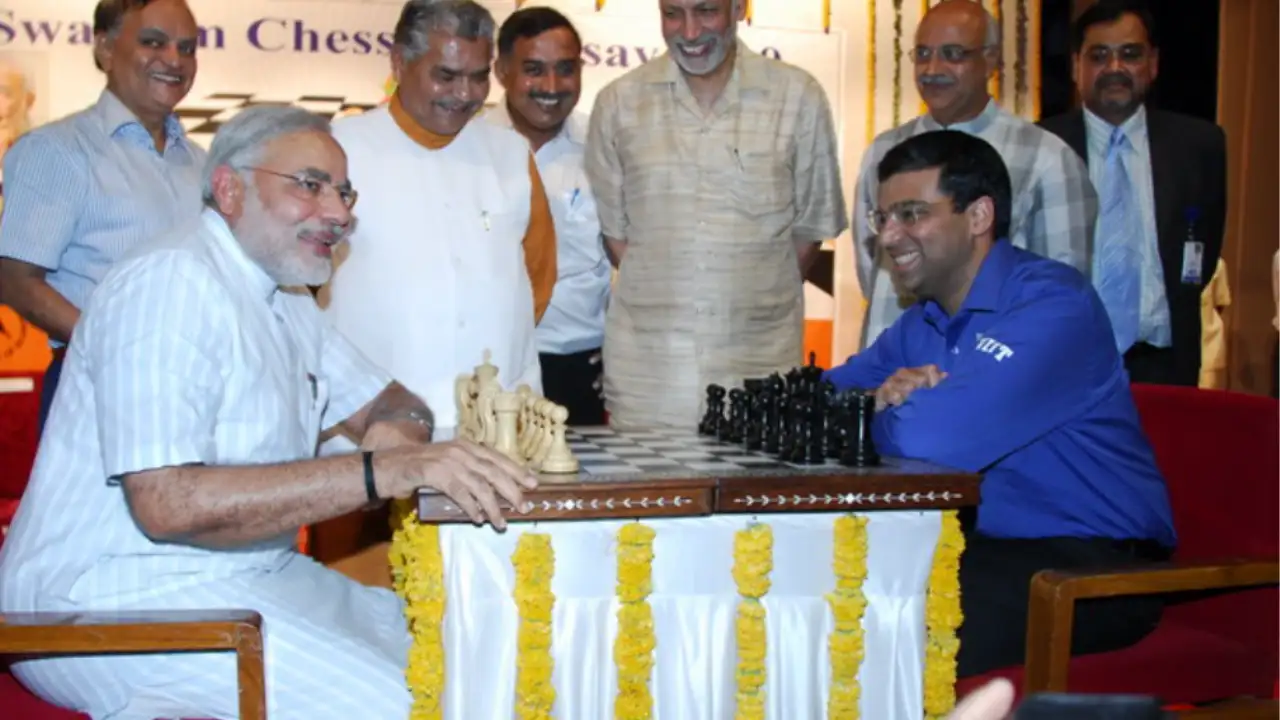
Do you have a friend that’s been ignoring your texts? You could be on the other end of “digital ghosting”—a signal of a fading friendship.
Not all friendships end with a dramatic blowout or a final argument. Often, the end of a close bond is a quiet, gradual process marked by subtle clues and a sense of growing emotional distance. This slow disengagement can be just as painful as an explosive rupture, leaving both parties confused and unsure of where they stand.
According to experts, the early signs of a disintegrating friendship are often easy to miss and can be difficult to address.
The Digital Disconnect
In an age of instant communication, a friendship’s decline can be seen through a shift in digital habits. Dr. Grant Brenner, an assistant clinical professor in the Department of Psychiatry and Behavioral Health at Mount Sinai Beth Israel, told Newsweek that the early signs are “emotional and relational, often easy to miss because of denial and uncertainty.”
“Concretely, early signs included reduced enthusiasm in responses, slower responses, ambivalent planning such as making vague plans and then changing them, being non-committal while offering assurance things are OK and ending conversations faster or abruptly,” he explained. “This often takes place over digital media and can also include things like unfollowing or muting the person.”
This change in behavior isn’t just about convenience; it often signals a deeper emotional distance.
According to U.K.-based psychotherapeutic counselor and founder of Subliminal Space, Andrea San Pedro-Lunn, this shift is not trivial.
“Our online presence is an extension of how we connect,” she told Newsweek. For this reason, even a silence online “can feel and be perceived as rejection.”
When Disconnection Is a Sign of Growth
It can be difficult to accept, but a fading friendship isn’t always a failure. Sometimes, it’s a reflection of personal growth and life changes that make two people a less suitable match than they once were.
“Learning to deal with rejection and loss without feeling inadequate or at fault is a key developmental skill,” Brenner said. He added that people often move on from relationships that are “no longer a good fit,” and learn to accept that not all friendships are meant to be lifelong.
San Pedro-Lunn agreed.
“A friendship fading can sometimes mirror personal growth,” she said. “What once met our needs may no longer be fit for purpose now; there’s a misalignment.” She added that this kind of ending “leaves space for new, more resonant connections.”
She knows the pain of this firsthand, having been ghosted by a close friend a decade ago with no explanation.
“We’d been together through thick and thin, and I loved her like a sister,” she explained. “It was really upsetting and confusing to me.”
How to Cope and When to Reach Out
For those on the receiving end of this disengagement, it can be a painful experience that stirs up questions like, “what did I do wrong?”
Brenner said that self-compassion is key.
“[It] s the most useful position to adopt and cultivate during periods of loss,” he said, recommending spending time with other friends and engaging in “constructive projects” to help cope.
Whether you should address the issue directly with your friend depends on the relationship’s depth. According to San Pedro-Lunn, if the bond mattered greatly, reaching out can be worthwhile. But if your attempts to connect remain unreciprocated, it might be time to let go.
Brenner concluded by reminding those on one end of a fading friendship to consider the nature of relationships over time—and how sometimes, things might just come back around.



